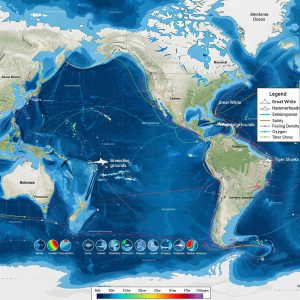
Hello, I am Sophie Buco, and I am a 2nd-year student, and I am majoring in zoology and environmental science. I also did the reading and quiz.
This first reading discusses how we use GIS in our everyday life even if we do not know it. Also the history about GIS, how it went from analog to computers. Some of the history includes how the GIS required massive physical and human resources to run. It also discusses how spatial analysis is different from mapping because it generates more knowledge and information. Mapping, though, shows geological data in visual forms. Even though the GIS was helpful when it first came out, it still was only recognized by a few people even with the analysis capabilities. This technology was generally referred to as “computerized cartography.” Because of this, GIS made a very unfortunate showing. The use of the GIS was not only in computers; it was used in coding for the census in the United States in 1890. These are only a few things about the GIS system that were talked about in this reading.
One interesting use I found for the GIS application is the behavior of sharks and how they interact with the environment around them. The reason I find this interesting is that I like to learn about how different shark species interact with the living organisms around them. Like how some sharks let certain fish stay with them to eat certain organisms off of them. The reason why GIS is so important to this is that it allows scientists to track the sharks. That allows them to learn about migration habits, feeding habits, environmental correlations, vulnerability and conservation, and so much more. (“Gemini”). Another source also says that sharks are important because they allow humans to learn about the climate and health of our oceans (Nicolas).

“Gemini.” Gemini, 2024, gemini.google.com/app/27e80cc53ef0061b. Accessed 22 Aug. 2025.
Nicolas, Alexander. “Sharks Are Key to the Health of Our Oceans and Climate | Stories | WWF.” World Wildlife Fund, www.worldwildlife.org/stories/sharks-are-key-to-the-health-of-our-oceans-and-climate.